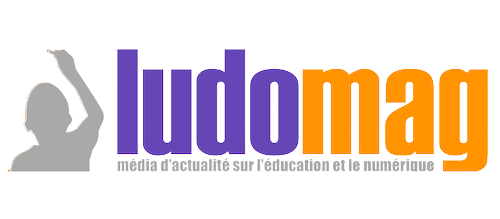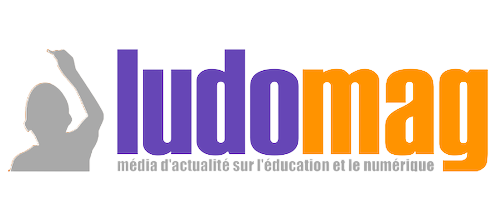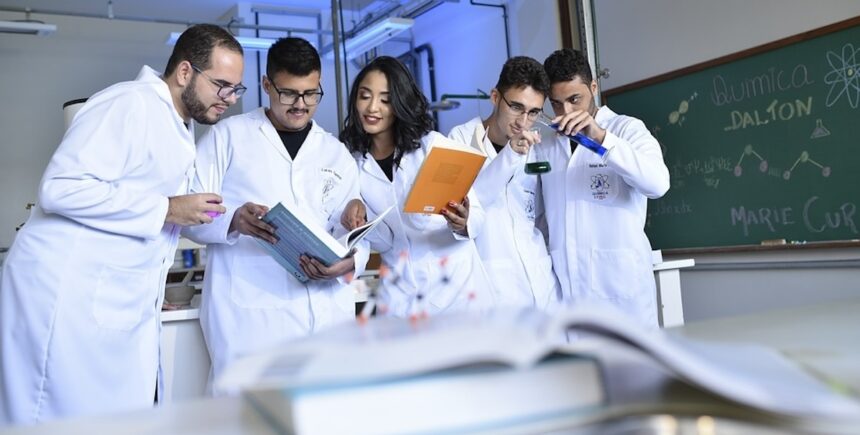A new report produced by UNESCO in collaboration with the G20 demonstrates the chronic underrepresentation of women in scientific studies and professions. The organization is calling on nations to take strong measures to quickly improve gender equality in these fields.
As part of the Women’s Empowerment Working Group, which met for the first time during Brazil’s G20 Presidency, and drawing on its mandate and expertise in education and science, UNESCO presented the G20 members with the report “Changing the Equation” a comprehensive assessment of women’s presence in STEM.
The report shows that, as in many regions worldwide, the proportion of women working in STEM fields has barely progressed over the past fifteen years in G20 countries (22% in 2021 versus 19% in 2005). Additionally, women working in these fields often face significant pay disparities and limited career advancement opportunities.
In G20 countries, the proportion of women working in science, technology, engineering, and mathematics remains at just 22%. This situation undermines our collective ability to innovate and address urgent contemporary challenges, such as climate change and digital transformation. At Brazil’s initiative, UNESCO has produced a report highlighting this issue and recommending a series of actions to finally move toward gender equality.
Audrey Azoulay, UNESCO Director-General.
In ten G20 countries with available data, the average salary for women working in STEM does not exceed 88% of men’s earnings—and in four of these countries, it is even below 75%. Scholarships are a key financial resource for many researchers, yet in 2022, women represented only 37% of recipients across a sample of thirteen countries, ten of which are G20 members.
Gender inequalities are felt as early as school education. Due to persistent biases and gender-based discrimination, women account for only 35% of STEM university graduates in G20 countries, despite achieving academic results that are often equivalent to or better than those of men in these subjects. This figure falls to 29% in information and communication technology and to 26% in engineering, manufacturing, and construction. Furthermore, over 40% of women studying STEM fields report having been subject to sexist behavior.
In response to this situation, UNESCO is urging G20 countries to adopt cross-cutting policies that promote gender equality. This includes encouraging girls and women to pursue studies in STEM fields and ensuring that young graduates are provided with fair and equitable working conditions.
This involves both combating gender biases in educational materials, providing career counseling that takes gender issues into account, and creating supportive policies that enable women to balance work and family life without penalty, while ensuring that their work is recognized and fairly rewarded.
Source: UNESCO, press release, October 28








